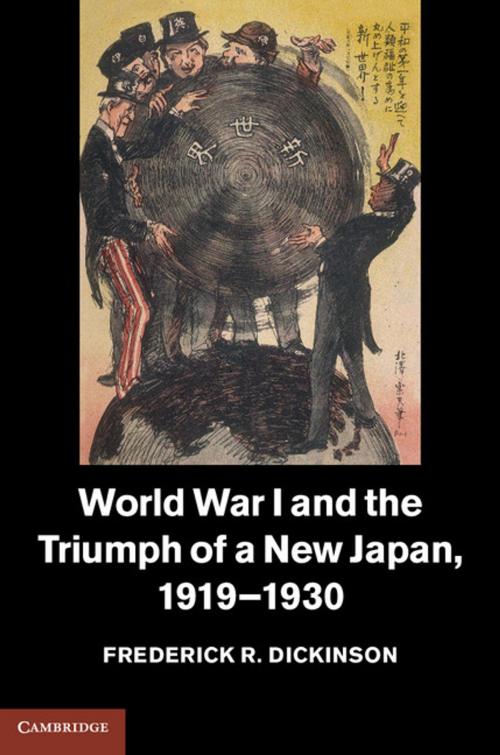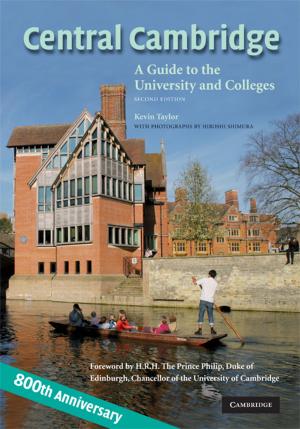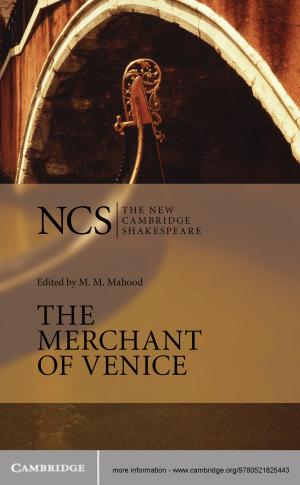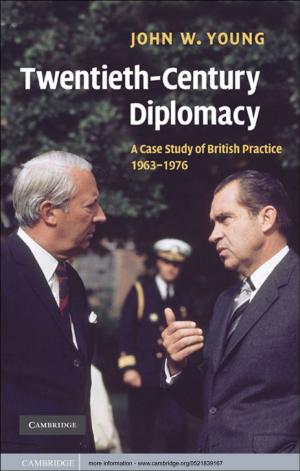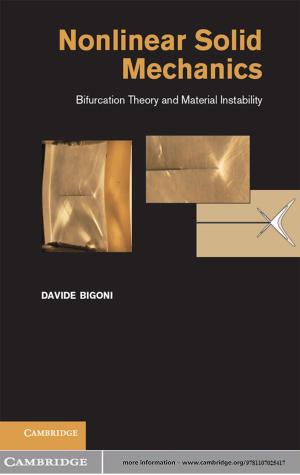World War I and the Triumph of a New Japan, 1919–1930
Nonfiction, History, Asian, Asia, Modern, 20th Century| Author: | Frederick R. Dickinson | ISBN: | 9781107461390 |
| Publisher: | Cambridge University Press | Publication: | October 3, 2013 |
| Imprint: | Cambridge University Press | Language: | English |
| Author: | Frederick R. Dickinson |
| ISBN: | 9781107461390 |
| Publisher: | Cambridge University Press |
| Publication: | October 3, 2013 |
| Imprint: | Cambridge University Press |
| Language: | English |
Frederick R. Dickinson illuminates a new, integrative history of interwar Japan that highlights the transformative effects of the Great War far from the Western Front. World War I and the Triumph of a New Japan, 1919–1930 reveals how Japan embarked upon a decade of national reconstruction following the Paris Peace Conference, rivalling the monumental rebuilding efforts in post-Versailles Europe. Taking World War I as his anchor, Dickinson examines the structural foundations of a new Japan, discussing the country's wholehearted participation in new post-war projects of democracy, internationalism, disarmament and peace. Dickinson proposes that Japan's renewed drive for military expansion in the 1930s marked less a failure of Japan's interwar culture than the start of a tumultuous domestic debate over the most desirable shape of Japan's twentieth-century world. This stimulating study will engage students and researchers alike, offering a unique, global perspective of interwar Japan.
Frederick R. Dickinson illuminates a new, integrative history of interwar Japan that highlights the transformative effects of the Great War far from the Western Front. World War I and the Triumph of a New Japan, 1919–1930 reveals how Japan embarked upon a decade of national reconstruction following the Paris Peace Conference, rivalling the monumental rebuilding efforts in post-Versailles Europe. Taking World War I as his anchor, Dickinson examines the structural foundations of a new Japan, discussing the country's wholehearted participation in new post-war projects of democracy, internationalism, disarmament and peace. Dickinson proposes that Japan's renewed drive for military expansion in the 1930s marked less a failure of Japan's interwar culture than the start of a tumultuous domestic debate over the most desirable shape of Japan's twentieth-century world. This stimulating study will engage students and researchers alike, offering a unique, global perspective of interwar Japan.
